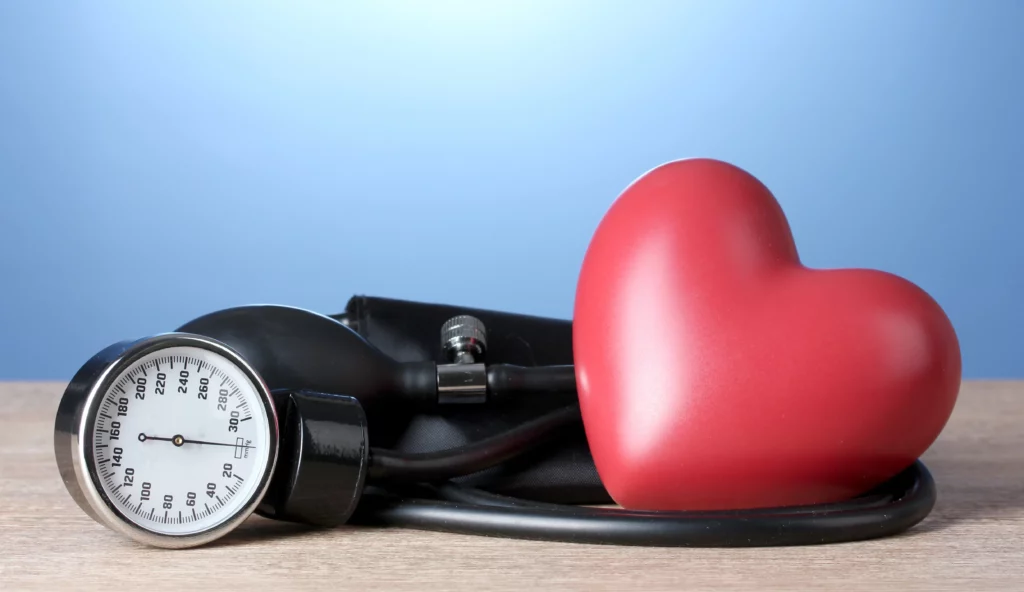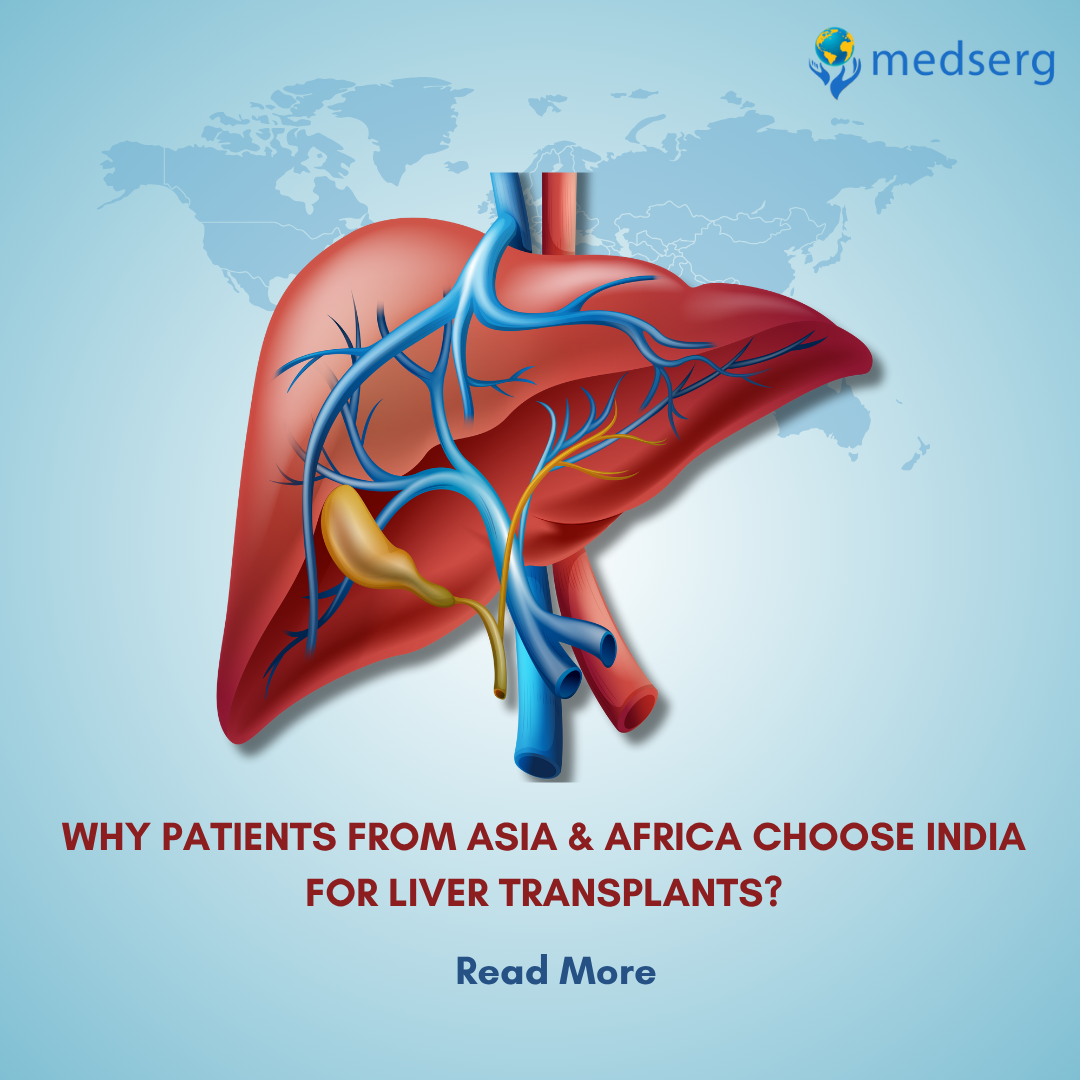Placing cold compresses, such as ice packs or cold towels, on your forehead, neck, or wrists can help constrict blood vessels and lower blood pressure. However, ensure the compresses are not too cold to avoid discomfort or skin damage. A cup of hibiscus or chamomile tea can also help you feel calmer.
Blood pressure is defined as the pressure that blood applies to the walls of the arteries while being pumped by the heart. Normal blood pressure is 120/80 mm Hg. 120 is the pressure when the heart pumps, and 80 is when the heart relaxes. However, high blood pressure can cause a lot of medical problems. As a result, you must know how to lower blood pressure instantly in an emergency.
What you should know:
- Types of blood pressure
- Sudden high blood pressure causes
- Symptoms of sudden high blood pressure
- How to lower blood pressure instantly in an emergency?
Types of blood pressure
High blood pressure refers to the progressive increase in blood pressure, which can strain the blood vessels and your heart over time. In addition, it narrows the blood vessels, leading to elevated blood pressure levels, further burdening the cardiovascular system.
Before you know “how to lower blood pressure instantly”, it is vital to understand all the types of high blood pressure to treat it better!
- Normal Blood Pressure:
Systolic: Lesser than 120 mm Hg
Diastolic: Lesser than 80 mm Hg
- High Blood Pressure:
Systolic: Between 130 and 139 mm Hg
Diastolic: Lesser than 80 mm Hg
- Stage 1 Hypertension:
Systolic: Between 130 and 139 mm Hg
Diastolic: Between 80 and 89 mm Hg
- Stage 2 Hypertension:
Systolic: More than 140 mm Hg
Diastolic: More than 90 mm Hg
- Hypertensive Crisis:
Systolic: Higher than 180 mm Hg
Diastolic: Higher than 120 mm Hg
Sudden high blood pressure causes
Sudden high blood pressure, or acute hypertension, can be alarming and requires immediate attention. So, if you want to know how to lower blood pressure instantly, it is vital to watch out for potential underlying causes.
- Stress or anxiety: Intense emotional or psychological stress can trigger a sudden increase in blood pressure.
- Sedentary lifestyle: A lack of physical activities over a prolonged amount of time can also cause sudden high blood pressure.
- Medications: Some medicines, like NSAIDs and decongestants, can cause a sudden spike in blood pressure.
- Kidney problems: Kidney diseases or disorders, such as renal artery stenosis or kidney infection, can lead to sudden high blood pressure.
- Hormonal imbalances: Conditions like hyperthyroidism can affect hormone levels and contribute to sudden blood pressure spikes.
- Certain medical procedures: Certain medical procedures, such as surgery or diagnostic tests can temporarily raise blood pressure.
- Genetics and family history: A family history of hypertension can increase the likelihood of experiencing sudden spikes in blood pressure.
Symptoms of sudden high blood pressure
Here are some of the symptoms you should watch out for:
- Nausea or Vomiting: Sudden high blood pressure can trigger feelings of nausea or even lead to vomiting in some individuals.
- Severe headache: Sudden and intense headaches, often described as a pounding or throbbing sensation, can indicate elevated blood pressure levels.
- Pounding sensation: Experiencing pounding sensations in the ears and neck may indicate a sudden increase in blood pressure.
- Vision problems: Sudden high blood pressure can wreak havoc on your visual perception. Your vision becomes blurred, and you may experience difficulty focusing.
- Fatigue: Feeling excessively tired, weak, or lacking energy can be a symptom of sudden high blood pressure.
- Difficulty breathing: Breathing difficulties, shortness of breath, or a feeling of suffocation can be a warning sign of sudden high blood pressure.
- Chest pain: Chest discomfort or chest pain may occur during episodes of acute hypertension and should not be ignored.
- Mental fog: Sudden high blood pressure can make it difficult to concentrate, and you may need help recalling even the simplest details.
- Excessive sweating: Experiencing excessive sweating, particularly when not engaging in physical activity or in a hot environment, can be a symptom of a sudden spike in blood pressure.
- Swelling: Sudden swelling in the legs, ankles, or feet could be a sign that your blood pressure is out of control.
Be sure to visit a medical professional if you feel uneasy. Chronic high blood pressure can lead to chronic illnesses. So it’s important to take symptoms seriously.
How to instantly lower blood pressure in a home emergency?
If you are wondering how to lower blood pressure instantly or just how to lower blood pressure, here are some of the tricks and practices you can follow:
- Drinking water can help dilute your blood and temporarily lower blood pressure. Aim to stay adequately hydrated throughout the day, especially during an emergency.
- Deep breathing techniques can help relax your body and promote a sense of calm. For example, take slow, deep breaths through your nose and exhale through your mouth. This can help lower blood pressure by reducing stress and tension.
- Placing cold compresses, such as ice packs or cold towels, on your forehead, neck, or wrists can help constrict blood vessels and lower blood pressure. However, ensure the compresses are not too cold to avoid discomfort or skin damage.
- A cup of hibiscus or chamomile tea can also help you feel calmer. It is a good idea to stock up on these teabags. However, avoid black tea or coffee at this time.
- You can also eat a piece of dark chocolate to help release endorphins that will calm you down.
- Light physical activity, such as brisk walking or gentle stretching, can help temporarily lower blood pressure.
- Consider increasing your potassium intake and cutting down on your salt consumption to lower your blood pressure. Potassium also eases tension in your body.
Exercise control in the initial stages to prevent blood pressure from turning into a critical ailment. Proper chronic care management plans and regular consulting of doctors will ensure that lifestyle diseases are kept at bay.
Over time, the best way to control high blood pressure is with small, consistent steps. However, if you find yourself in an emergency, remember to stay as calm as possible and follow the above-mentioned points.






















